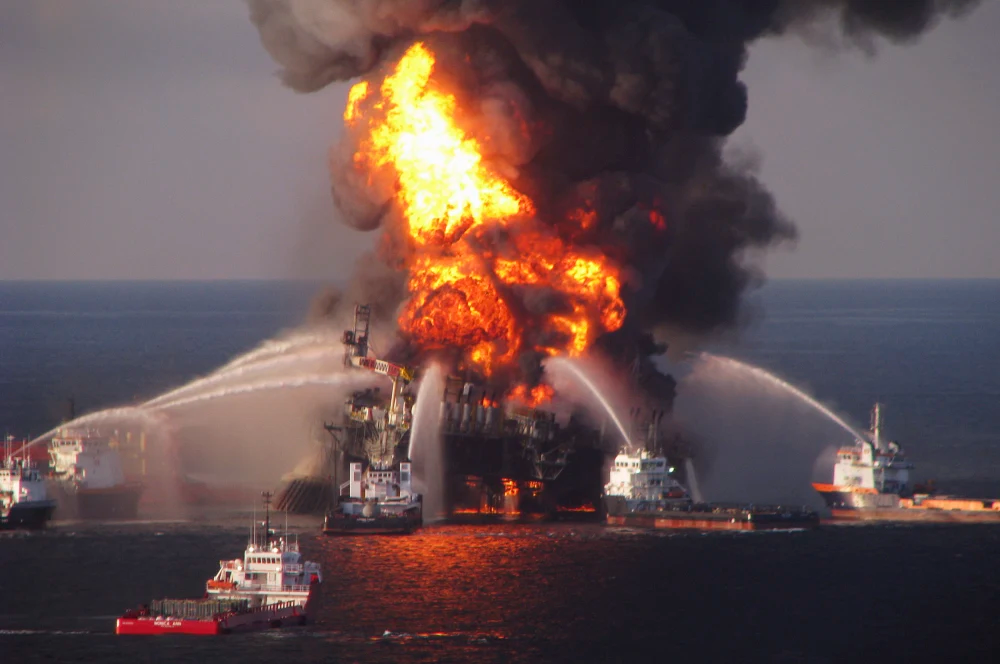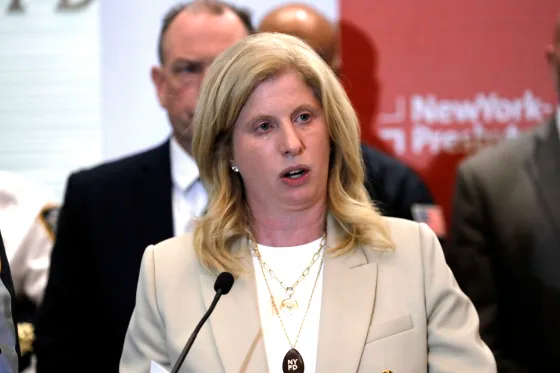
Fifteen years after the Deepwater Horizon oil rig explosion killed 11 workers and spilled 134 million gallons of crude into the Gulf of Mexico, the aftermath of America’s worst offshore oil disaster continues to unfold with mixed results.
BP has paid billions in damages, funding extensive coastal restoration projects across five Gulf states. However, cleanup workers and residents claiming health impacts from the spill have faced significant legal hurdles, with most lawsuits dismissed and minimal compensation awarded.
In Lafitte, Louisiana, Tammy Gremillion mourns her daughter Jennifer, who died of leukemia in 2020 after working in BP’s cleanup operation. “They didn’t know the dangers. They didn’t do what they should have to protect these young people,” Gremillion said, convinced her daughter’s cancer resulted from toxin exposure during cleanup efforts.
Despite filing a lawsuit in 2022, Gremillion faces an uphill battle. An AP investigation found that nearly all approximately 4,800 health-related lawsuits have been dismissed, with only one settled. BP’s 2012 settlement provided just $1,300 each to nearly 80% of claimants from a $67 million fund.
The environmental impact was catastrophic. PJ Hahn, a former coastal management official, described watching oil destroy barrier islands and marshes: “It would just crumble like a cookie in hot coffee, just break apart.” Thousands of seabirds and sea turtles perished, while fishing industries suffered severe losses.
The Natural Resource Damage Assessment Trustee Council reports “significant progress” in restoration, with over 300 projects worth $5.38 billion approved across the Gulf. These include wetland acquisitions in Mississippi, reef rebuilding in Florida, and marsh restoration near New Orleans.
Conservation groups acknowledge the spill “galvanized a movement” for coastal resilience, with BP penalty funds enabling larger, science-based solutions. However, a flagship $3 billion project to divert Mississippi River sediment for land restoration in Louisiana has stalled. Governor Jeff Landry paused the initiative over concerns it would harm local fisheries and “break our culture.”
Meanwhile, the Trump administration is expanding offshore drilling in the Gulf. BP recently announced a new oil discovery and plans for over 40 new wells in the next three years, claiming improved safety standards and oversight.
Environmental advocates warn that Deepwater Horizon should serve as “an alarm bell” against offshore drilling expansion, even as the oil industry hails new leases as “a big step forward for American energy dominance.”
















Be the first to leave a comment